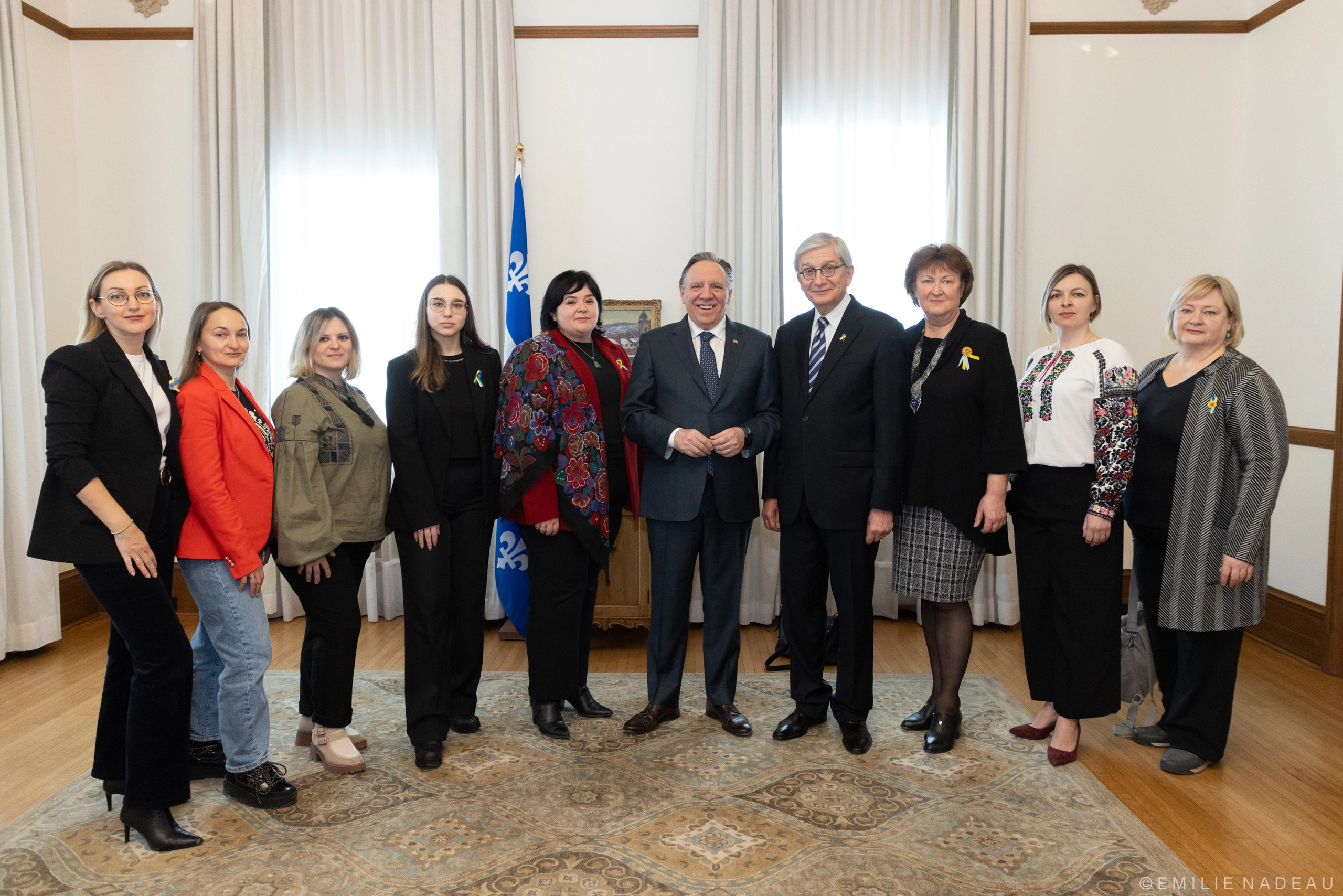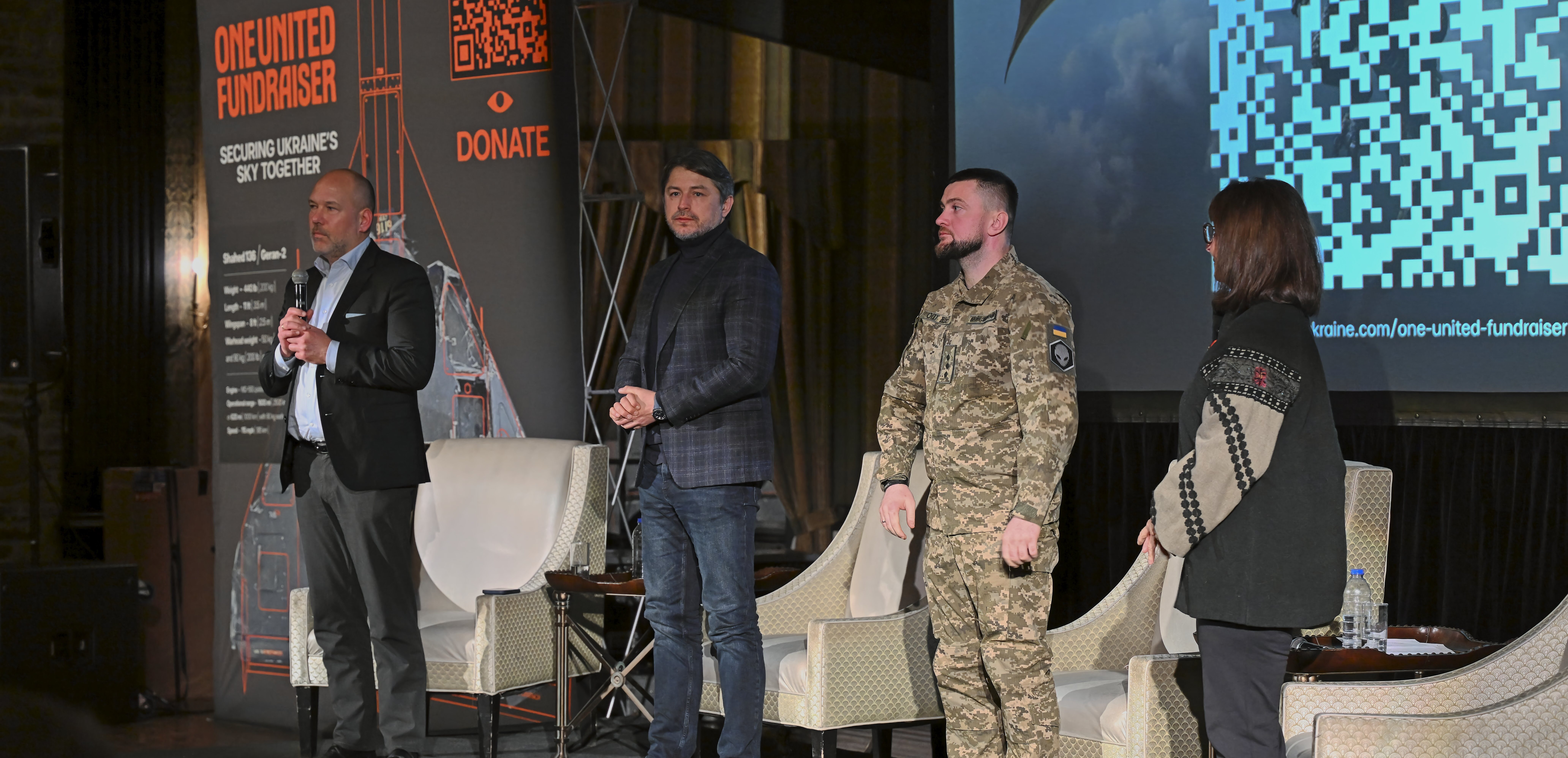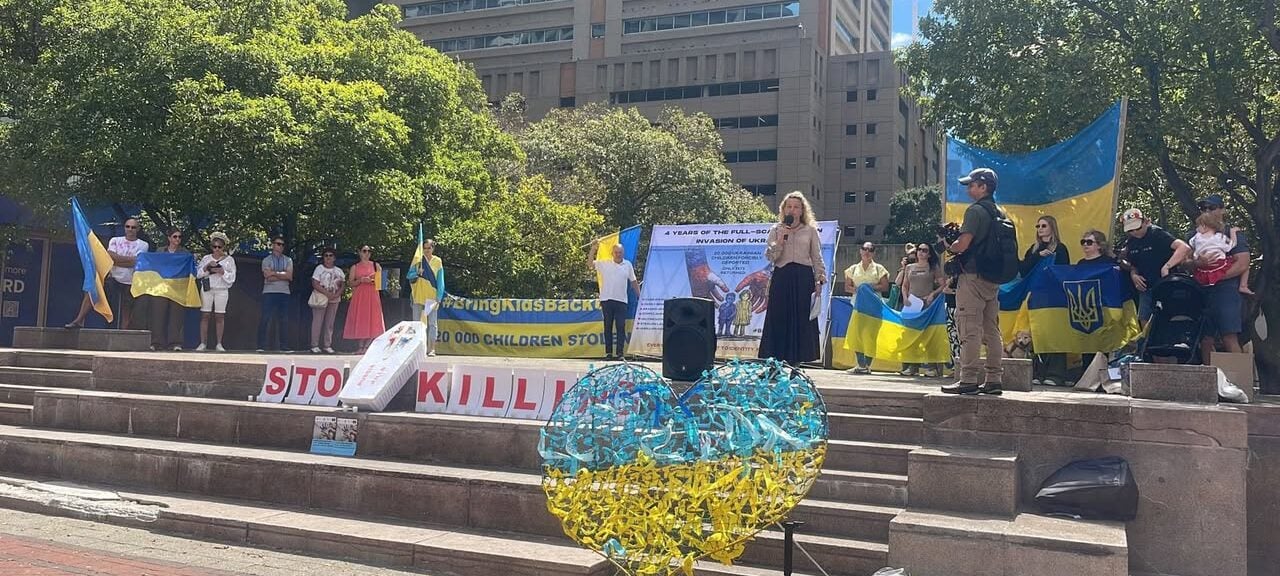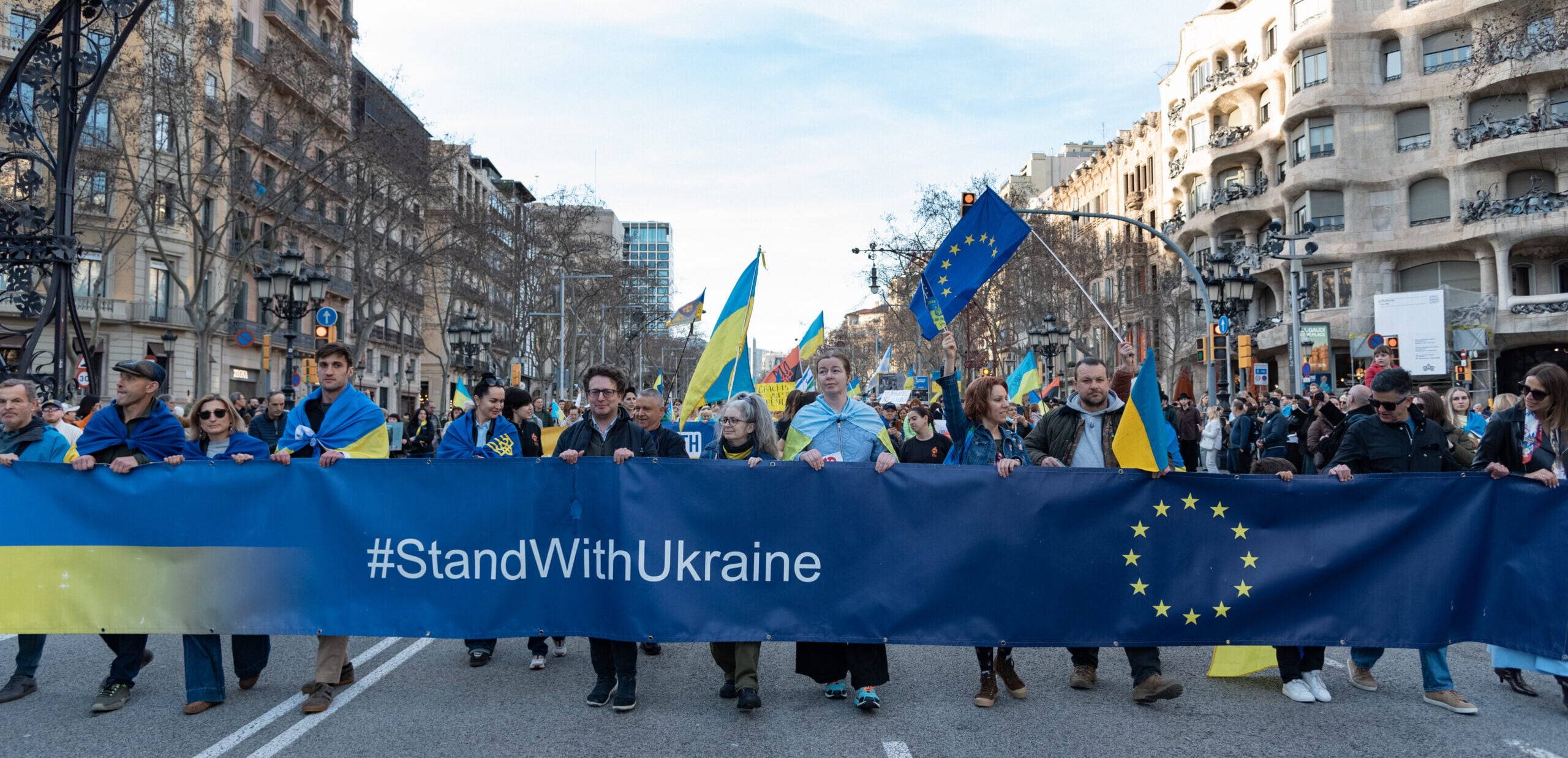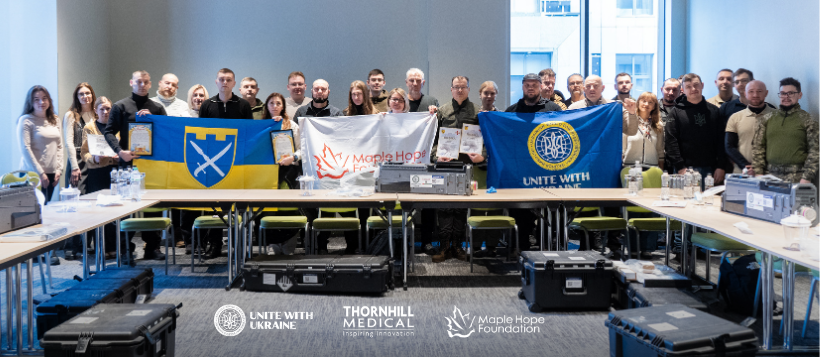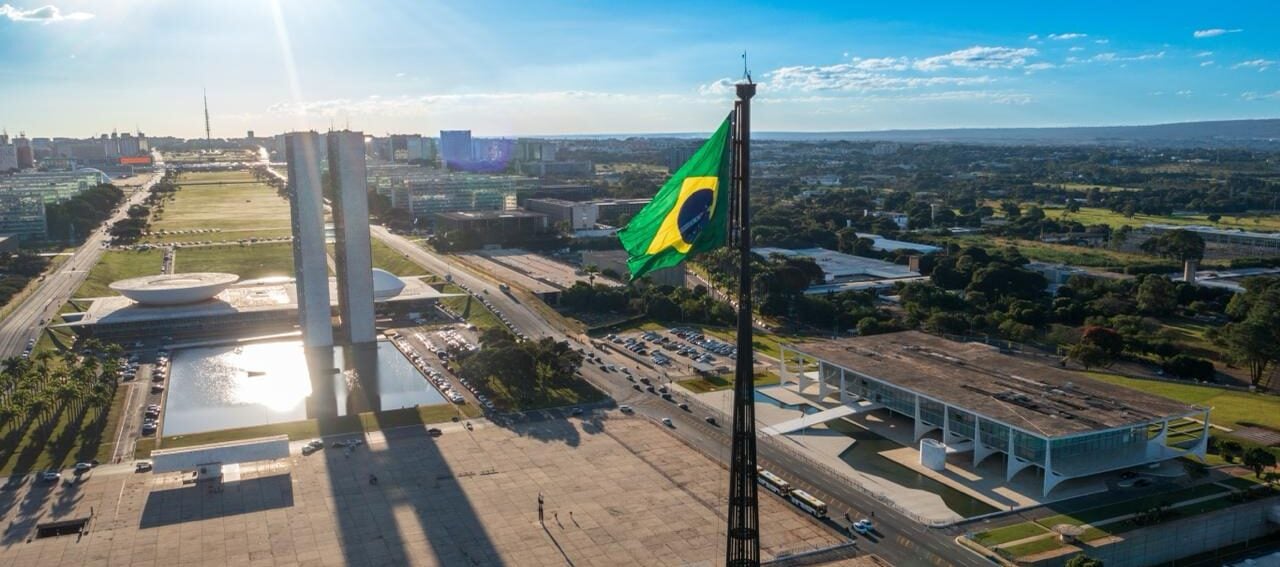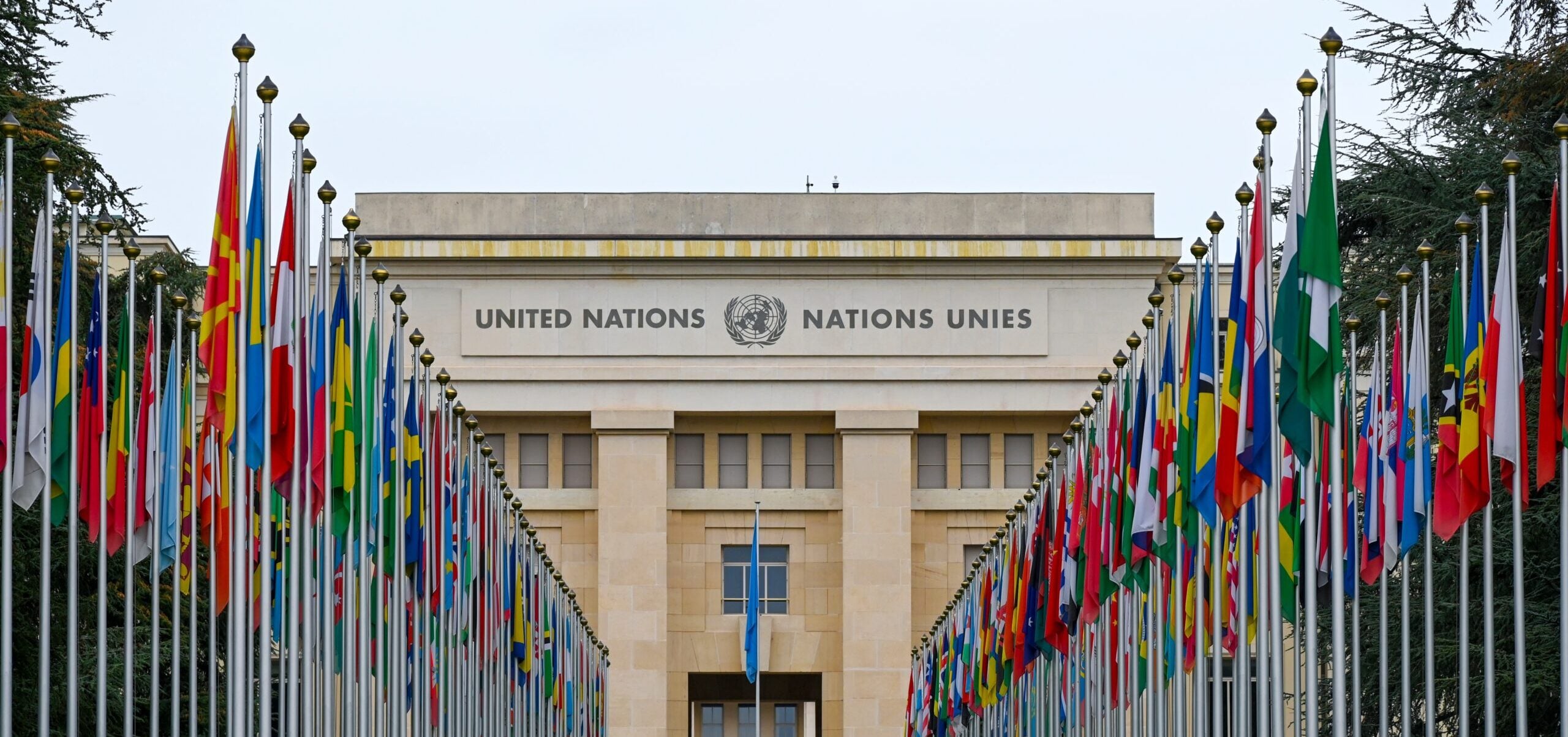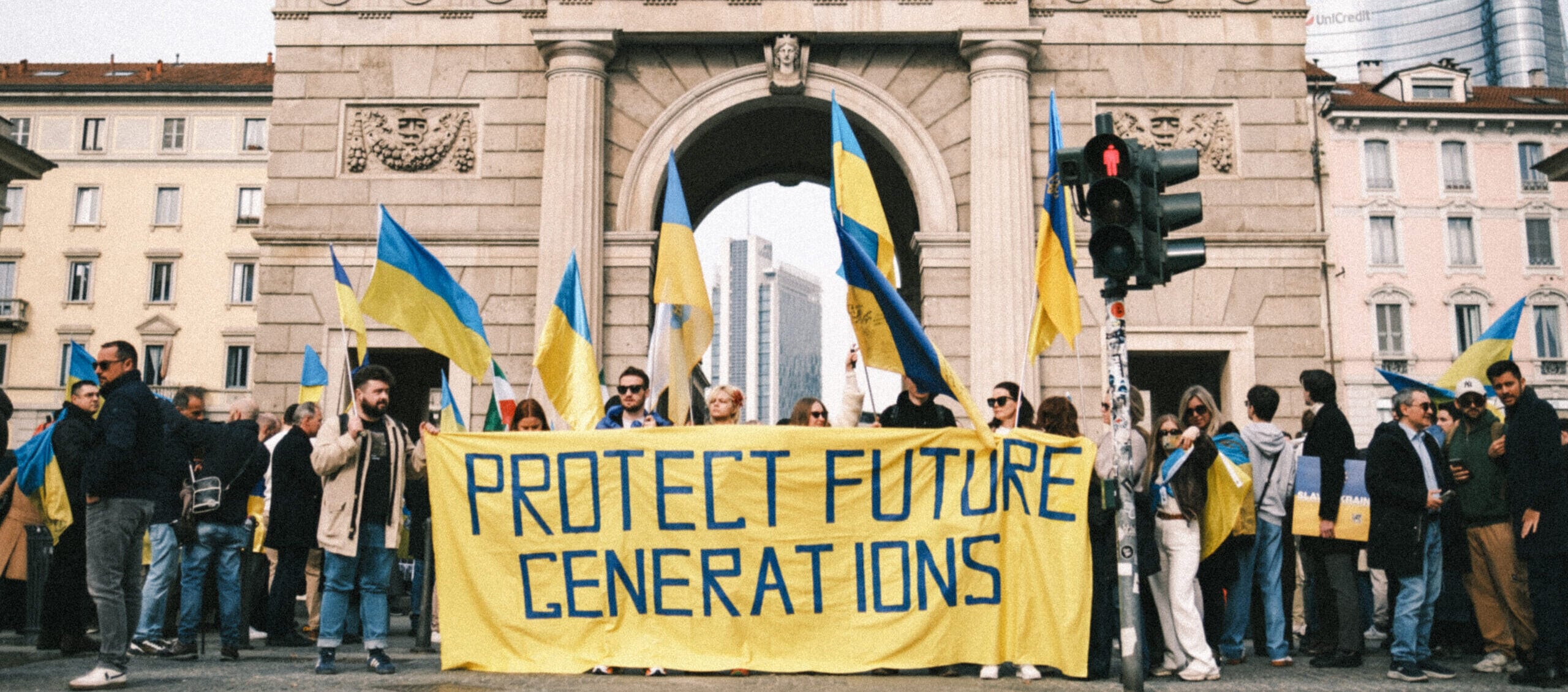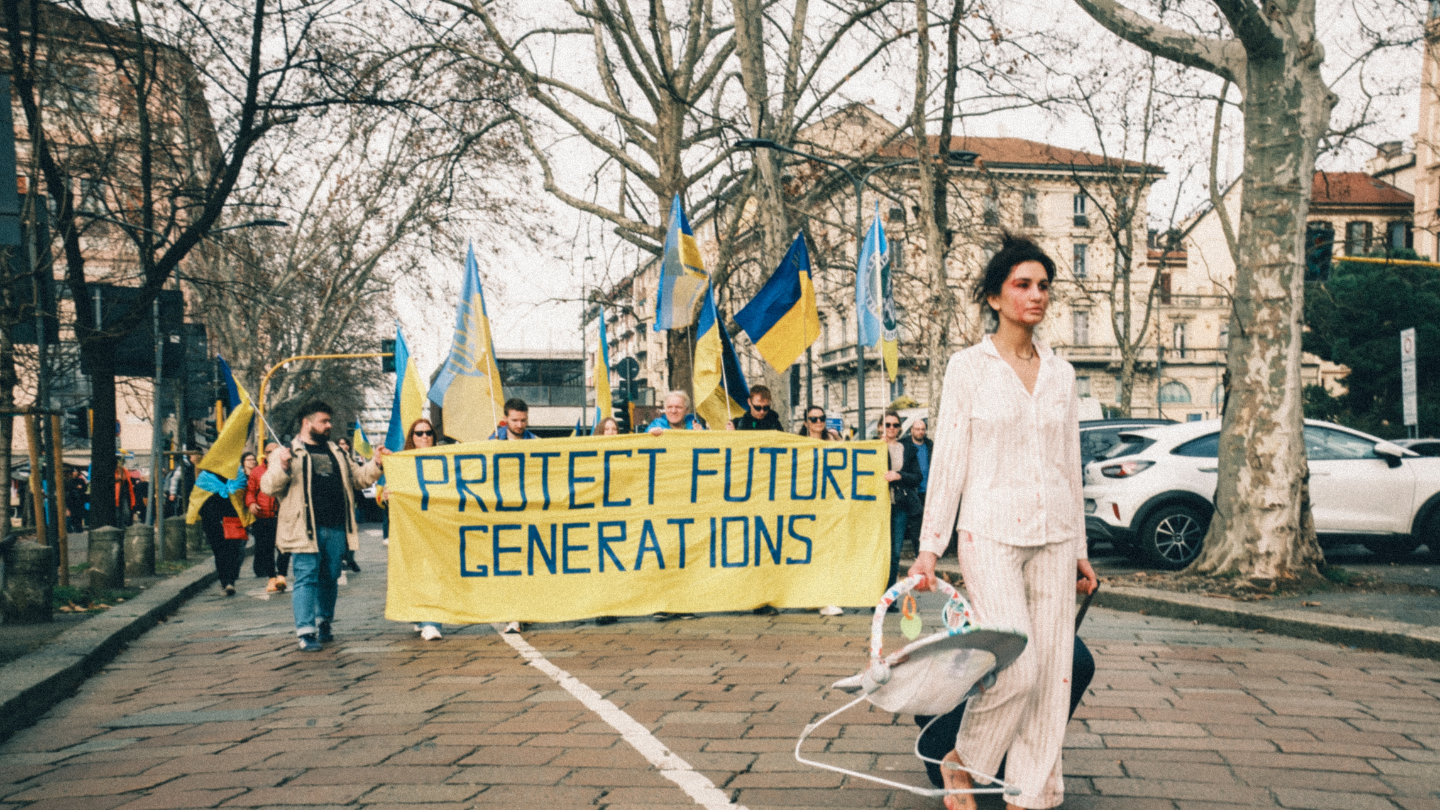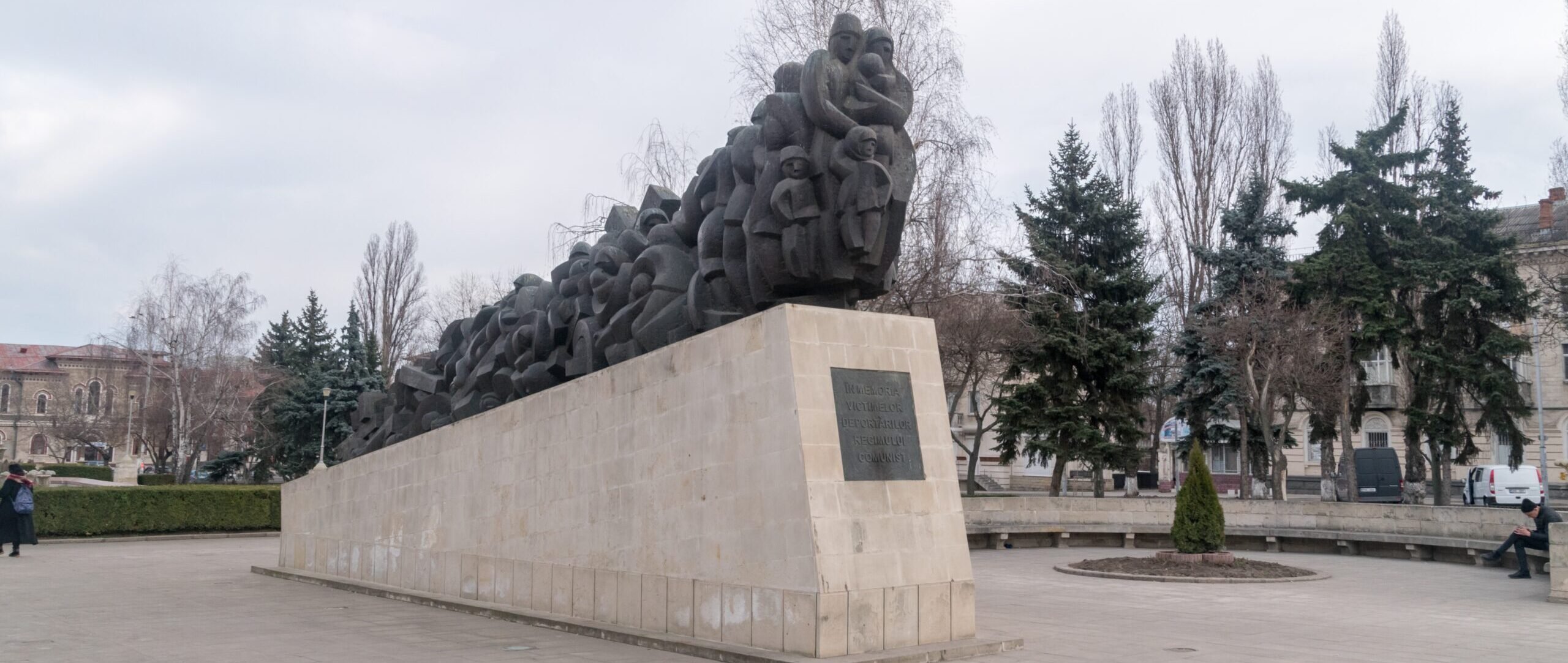
Concerts that feature performers who previously supported Russia’s aggression against Ukraine and appeared in occupied territories were recently held at Moldova’s most symbolic remembrance site — Chișinău’s main square where the “Train of Pain” memorial stands.
The installation honors victims of Soviet deportations and political repression.
Ukrainians, who live in Moldova felt deeply betrayed and looked upon it as a violation of historical memory.
Their pain went against the backdrop of Russia’s ongoing full-scale war, said Dmitrii Lecartev, head of the National Congress of Ukrainians in Moldova.
He said the following:
This isn’t about politics. It’s about pain — the strange, bitter kind that’s hard to put into words, but deeply felt by anyone who cares.
We were shocked and dismayed to learn that “graduation festivals” were held on July 2 and 15 in the heart of Chișinău — at the Great National Assembly Square. The same square where the “Train of Pain” stands — a powerful symbol of deportations, repression, and the painful chapters of our shared history.
The same place where, not long ago, poems about freedom and suffering echoed, and ceremonies were held to honour the victims of Kremlin repression — that’s where artists took the stage who had performed in Russian-occupied territories of Ukraine and openly supported symbols of Russian aggression, including the Crimean Bridge and the so-called “Russian Spring.”
For Ukrainians living in Moldova today — whether they’re citizens of Ukraine who found temporary refuge here, or Moldovan citizens of Ukrainian descent — this is not just painful. It feels like a slap in the face. A betrayal of memory, of suffering, and of the very idea of solidarity.
We’re not pointing fingers. We’re asking, sincerely: how was this even allowed to happen?
All of this took place:
- in the midst of a full-scale war where innocent Ukrainians die every day;
- during political instability in Moldova, where pro-Kremlin forces are gaining traction;
- despite clear signals from European partners stressing the need for unity and resilience.
And it happened under a massive banner in Russian that read: “Moldova, be with us.” But with whom, exactly?
We believe that the people of Moldova, for the most part, understand the price of freedom. We know this is a country with memory, with values, with a conscience.
But events like this are like holes in our shared vessel. They demoralize, undermine collective efforts, and blur our sense of direction. It’s painful to witness.
You can’t ask for solidarity and support from the EU while, on the same night, giving a stage to those who publicly backed annexation and occupation.
You can’t talk about a European future while turning a blind eye to performers being applauded — performers who took the stage in Crimea, Donetsk, and Luhansk.
We’re left with this feeling — of pain, of betrayal, and of profound confusion.
And we sincerely hope that Moldova hears it, too.
Cover: Shutterstock
